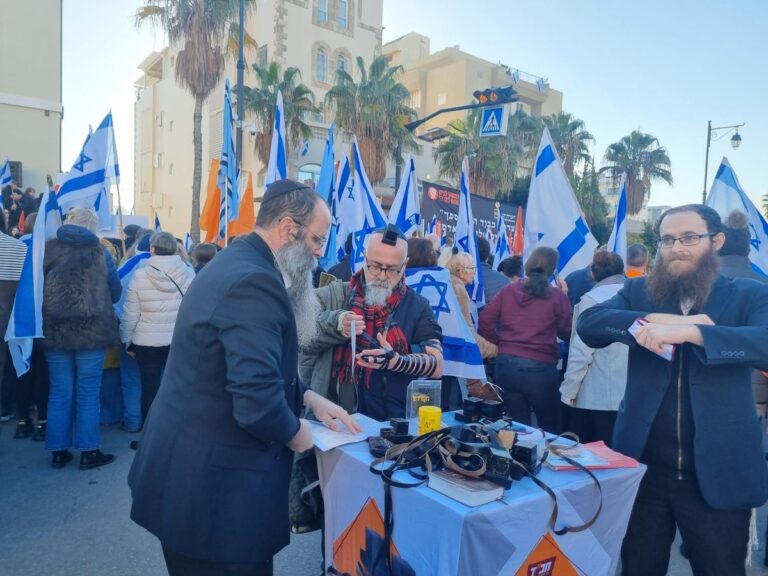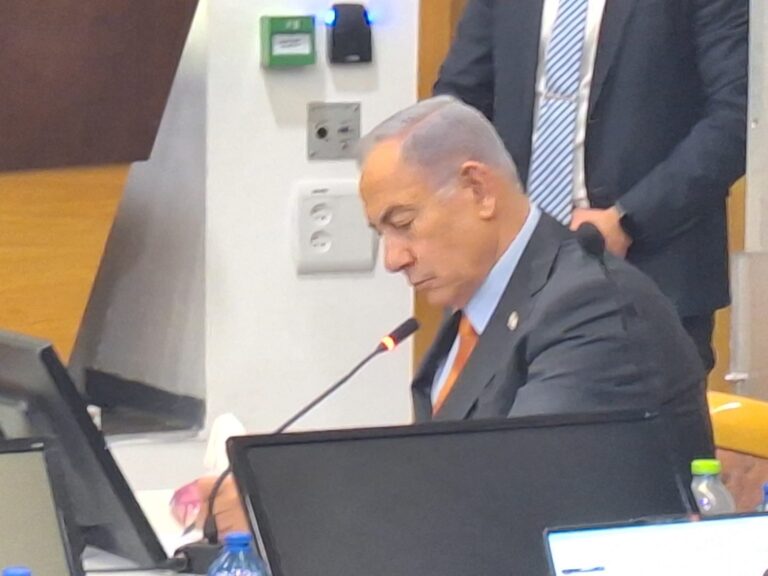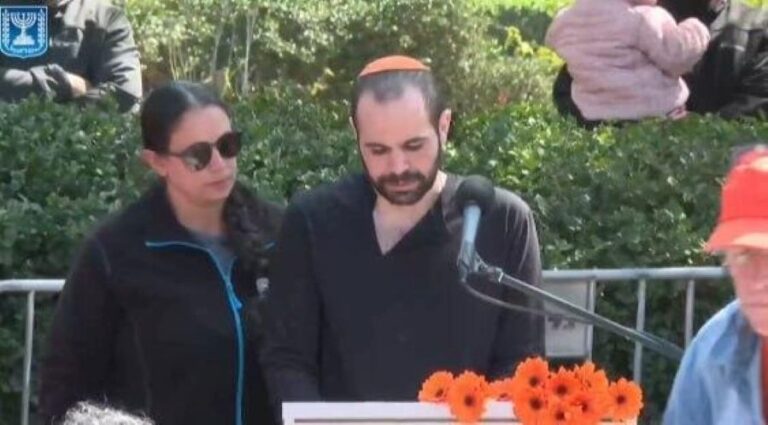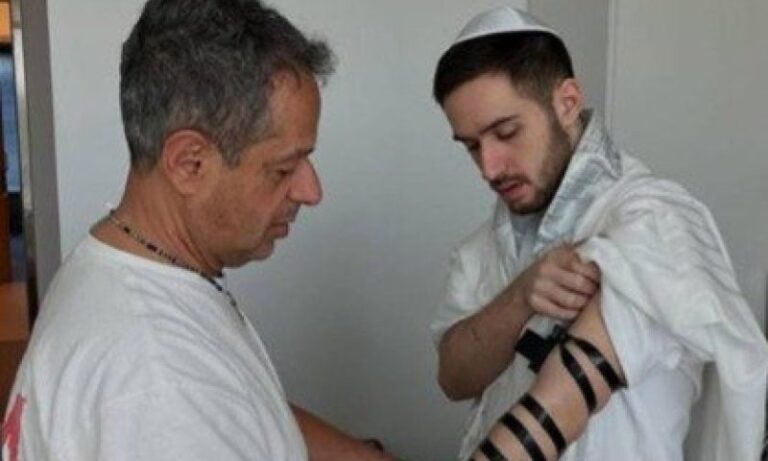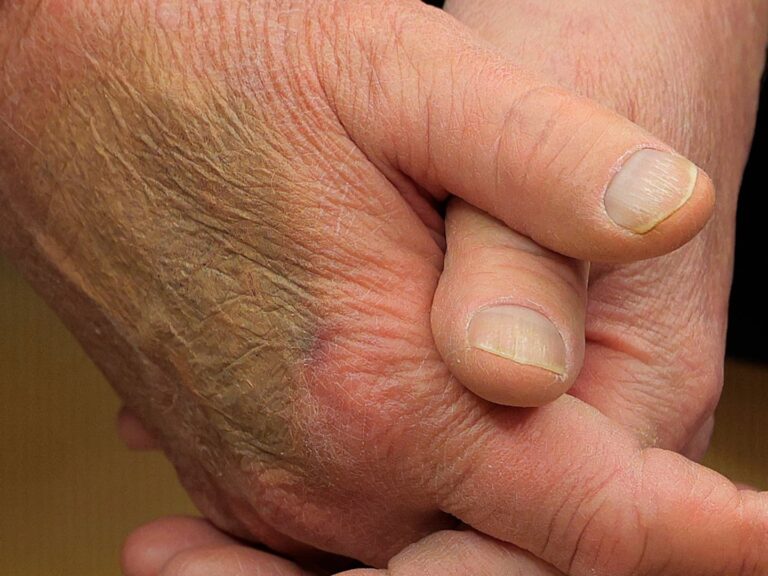 The Pentagon’s top watchdog has substantiated allegations involving inappropriate travel against three senior U.S. military officers, according to investigative findings released by the Defense Department Inspector General’s office.
The Pentagon’s top watchdog has substantiated allegations involving inappropriate travel against three senior U.S. military officers, according to investigative findings released by the Defense Department Inspector General’s office.
Marine Lt. Gen. John Wissler, retired Marine Lt. Gen. Kenneth Glueck and Army Lt. Gen. Anthony Crutchfield were cited by the Defense Department Inspector General in two separate investigations whose findings were released within the past week. The investigation of Wissler and Glueck focused on their use of government vehicles while serving consecutively as the commanders of III Marine Expeditionary Force in Okinawa, Japan. The investigation of Crutchfield examined a trip he took from Hawaii to Fort Rucker in Alabama in which he was promoted to his current rank.
The Marine generals said in response to the initial findings in their cases that they did not knowingly break any rules, while Crutchfield said he sought legal advice before his trip and was told it was allowed. In both cases, investigations were opened after complaints were filed with the inspector general.
A defense official said the Army decided not to discipline Crutchfield after reviewing the IG’s findings. Army officials said in a statement that it takes “senior leader accountability seriously” while ensuring due process for leaders who don’t live up to the Army’s standards.
“The Army considers both sides of each case, and after a thorough review of all the evidence, takes action as appropriate,” the statement said.
The Marine Corps’ assistant commandant, Gen. John M. Paxton Jr., took “appropriate administrative action” against Wissler and Glueck, Marine officials said in a statement. They declined to be more specific, citing privacy issues. Lessons learned from the investigation were shared with other generals during ethics training at an annual meeting of senior officers, officials said.
In the Crutchfield case, first reported by Army Times, the inspector general concluded that the general conducted official travel at the expense of U.S. taxpayers “for predominantly personal reasons,” namely to have his promotion ceremony at Fort Rucker, where he had previously served, rather than where he is stationed in Hawaii as the deputy commander of U.S. Pacific Command (PACOM). Crutchfield arranged a seven-day detour to Fort Rucker while traveling from Pacific Command’s headquarters to Washington in early June 2014, the IG found.
The allegation originated with an anonymous complaint that Crutchfield had “invented a way to get a free plane ticket” to Alabama, according to a report detailing the investigation. The IG found that although he was at Fort Rucker for a week, he participated in only seven hours of meetings there and at nearby Maxwell Air Force Base. Crutchfield spoke to troops at Fort Rucker after his staff solicited a speaking engagement for him, the IG said.
Army Lt. Col. Derrick Cheng, a spokesman for Pacific Command in Hawaii, said Crutchfield followed the advice of PACOM’s lawyers “to the letter” in regard to the trip.
“Beginning in February 2014, he requested advice from our legal office regarding potential travel to Maxwell Air Force Base and Fort Rucker in Alabama, and Washington, D.C.,” Cheng said in an email. “The legal office provided advice on all aspects of the travel and had no legal objection. Lt. Gen. Crutchfield conducted official travel which served a valid military purpose at all three locations and in accordance with the legal advice provided.”
Crutchfield submitted a five-page statement last April after reviewing the preliminary findings of the investigation in which he defended his actions and said it appeared that the inspector general misinterpreted a May 2014 legal opinion he received in which travel to Alabama and Washington was approved.
“A conversation with my staff and the PACOM legal department clarify this matter,” Crutchfield wrote in the statement, which The Washington Post obtained separately and was not included in the documents the IG posted online this week. “They can also testify to my actions, views, and customs when it comes to matters involving ethics. My reputation speaks volumes on this matter.”
The inspector general’s report notes that officials received Crutchfield’s rebuttal, but stood by their initial findings.
In the investigation of the Marine Corps generals, the inspector general found that Wissler and Glueck had used government vehicles for unauthorized travel from their homes on Okinawa to their offices, known in the military as domicile-to-duty transportation, or DTD.
The practice appears to have begun with Glueck, who commanded III Marine Expeditionary Force from 2011 to 2013 and retired last year after serving two more years at Quantico, Va. He regularly drove his personal vehicle from his home on Okinawa’s Camp Foster to an officers club on the base, and then had an enlisted Marine bring him several miles to Camp Courtney, where he had an office.
Wissler took over in July 2013, and “followed an established practice” of meeting a driver with a government vehicle for a ride from Camp Foster, the IG found. However, he asked a top Marine Corps lawyer, Robert Hogue, about the practice at least twice that summer and began using his personal vehicle to go to work. The deputy commander at Pacific Command denied Wissler’s request for an exception to policy to allow it in October 2013.
Ironically, the chief of staff at PACOM when Wissler made his request was Crutchfield. He was elevated to deputy commander at PACOM in June 2014. Wissler has since become the commander of Marine Corps Forces Command, with headquarters in Norfolk, Va.
(c) 2016, The Washington Post · Dan Lamothe

